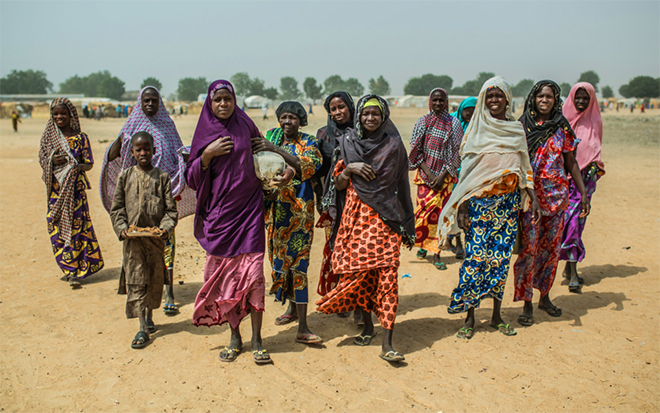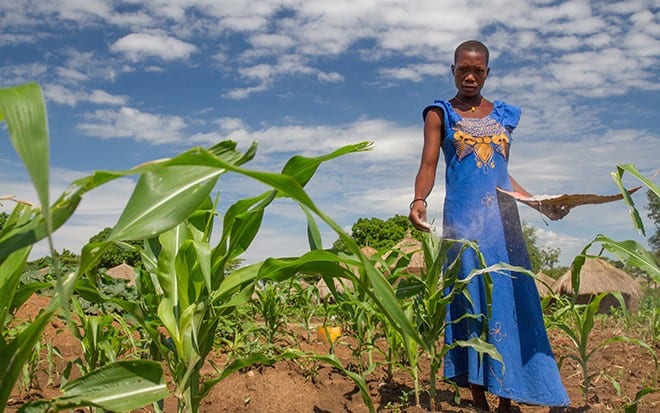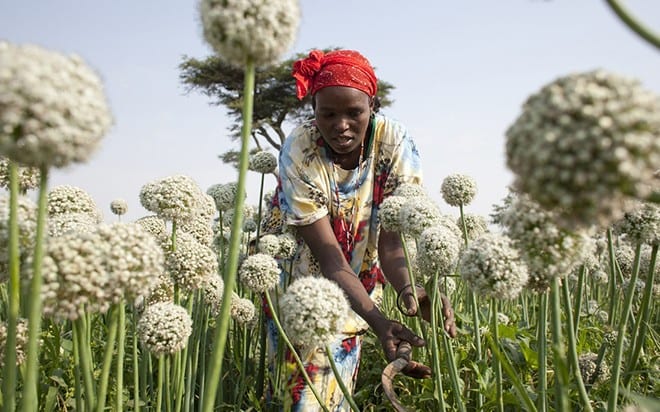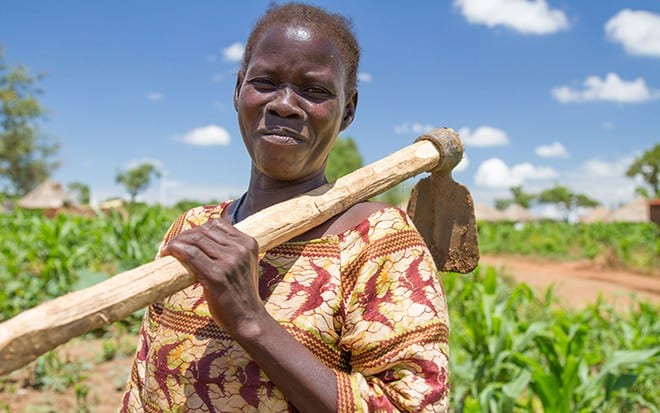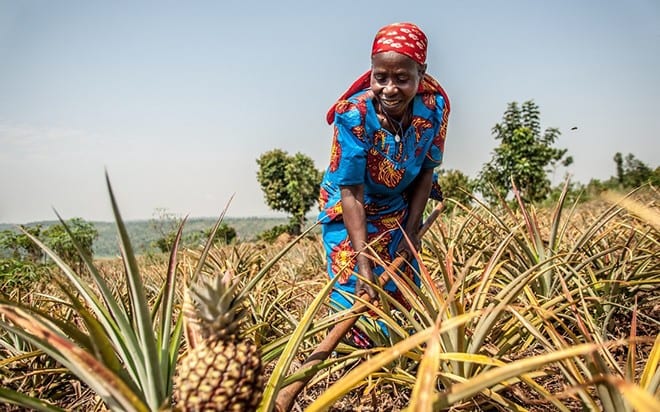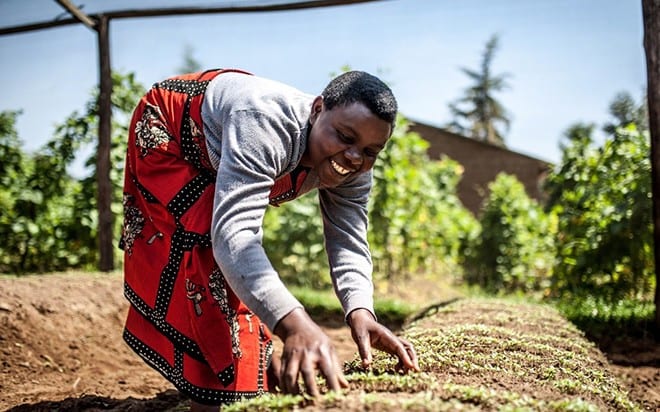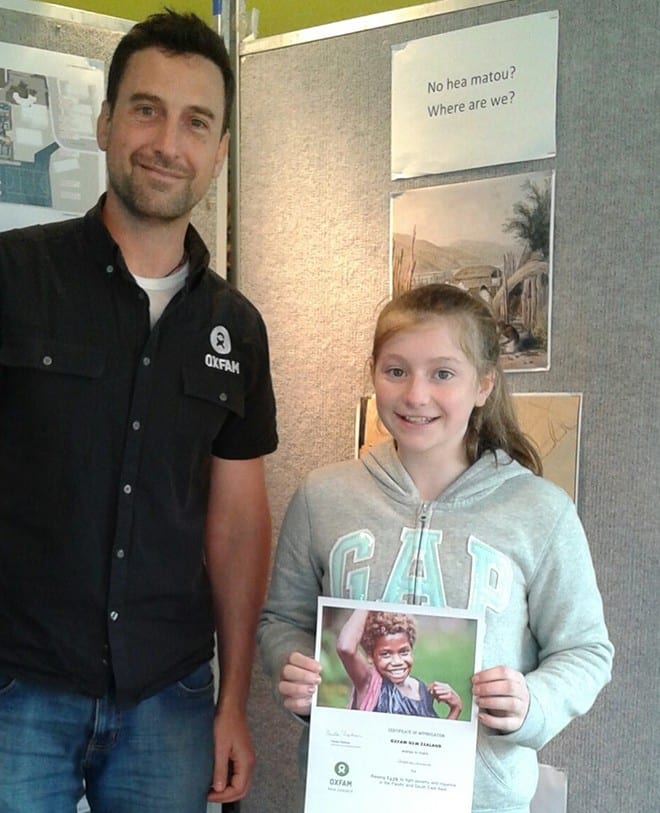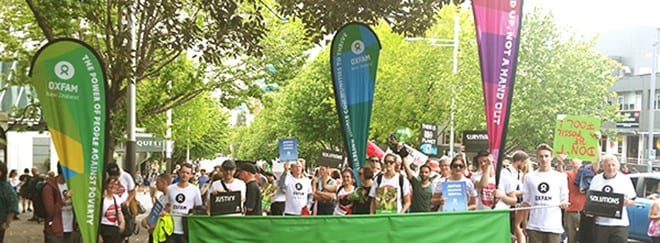Climate change is already forcing people from their land and homes, and putting many more at risk of displacement in the future.
Supercharged storms, more intense droughts, rising seas and other impacts of climate change all magnify existing vulnerabilities and the likelihood of displacement, disproportionately affecting low-income countries, women, children and indigenous peoples.
Read full report here.








